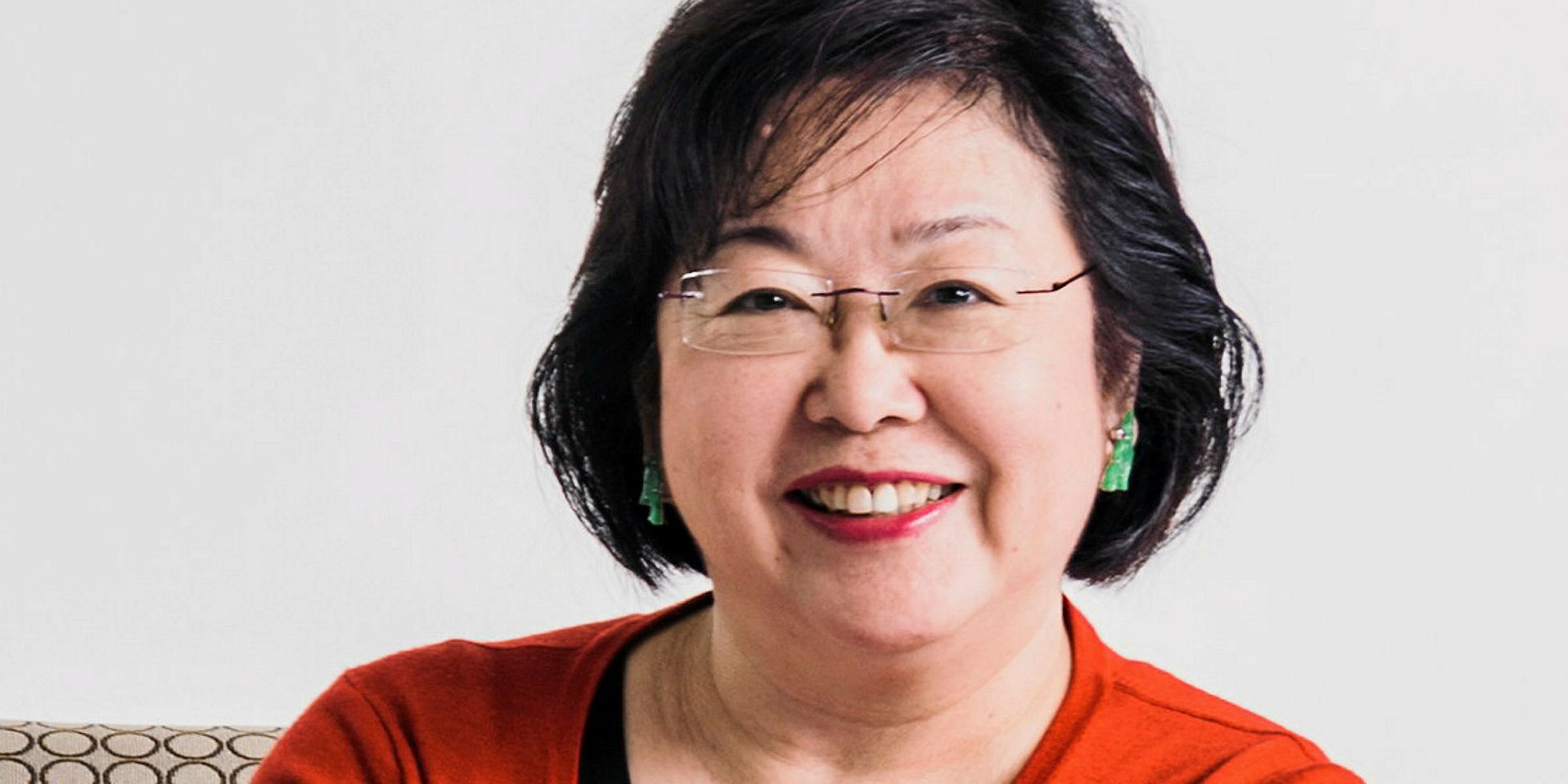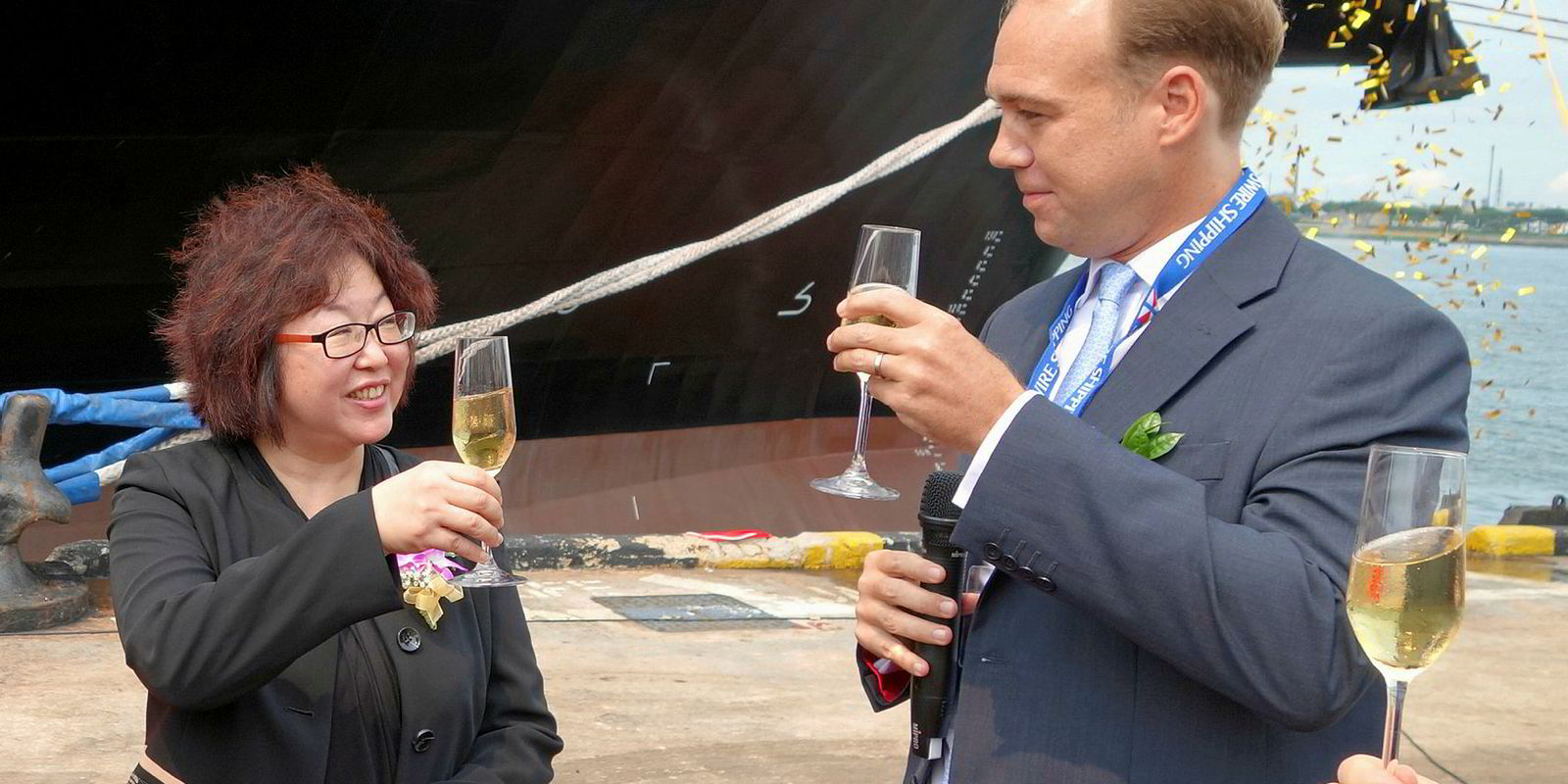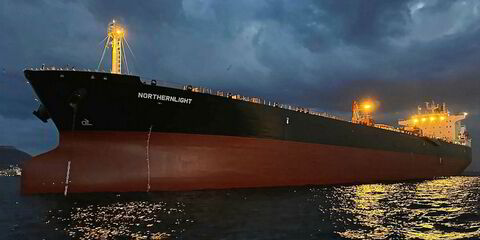Tan Beng Tee, the Maritime and Port Authority of Singapore’s assistant chief executive of development, has been at the forefront of building Singapore into the bustling international maritime centre that it is today.
Nicknamed "Singapore's First Lady of Shipping", she has been described by some as being the most powerful woman in the nation’s shipping sector. She is the industry’s go-to person in the Lion City, the one who has its ear and is able to make things happen, and for almost two decades has travelled the globe promoting Singapore as the place to do shipping.
Twenty years ago, the city state was known for its port and shipyards. It had local shipowners and a small set of industry service providers but, in general, it was not seen as a place for international shipping to do business. It is different today, with 140 shipping groups, nine protection and indemnity clubs, and a host of class societies, brokers, and bankers.
Tan came on the shipping scene shortly after the turn of the millennium, when the Singapore government decided to make a concerted effort to capitalise on the country’s strategic location and strong services sector to transform it into an international maritime centre. She was handed the task when she was with the Trade Development Board, now called Enterprise Singapore.
Seconded to the MPA, she joined on a permanent basis in 2004 as its international maritime centre director. Her task was to do what was necessary to accomplish the government’s goal. She was promoted to her current position in April 2012.
Looking back, Tan says her job was difficult at first.
“The initial years were quite tough," she says. "Singapore was seen as just a port and everyone was comfortable where they were. We visited IMCs [international maritime centres] throughout Europe and Asia. We did a lot of knocking on doors. We had a lot of doors slammed in our face, but we never gave up.
“Our big breakthrough came in 2005. I think this had to do with a change in global trade. Asia started to grow in prominence with the rise of China. Shipping needed more than one base, and Singapore was a good location to tap the Asian markets.”
Incentives to come
To lure shipowners to its shores, Singapore provided them with a very advantageous tax regime, although Tan is quick to stress that it took more than just an offering of a favourable tax environment to build the country into an international maritime centre.
“Taxation is a necessary tool, but there also has to be more to the value proposition," she says. "The value is in creating a place that serves the needs of the industry.”
Well known for her modest demeanour, Tan credits the success of Singapore to a broader collaborative effort, and not just hers alone.
“It is no secret formula," she says. "I have a fantastic team that believes in what they are doing, and I have always had supportive bosses who have given me the freedom to do what I think is good to drive the sector.
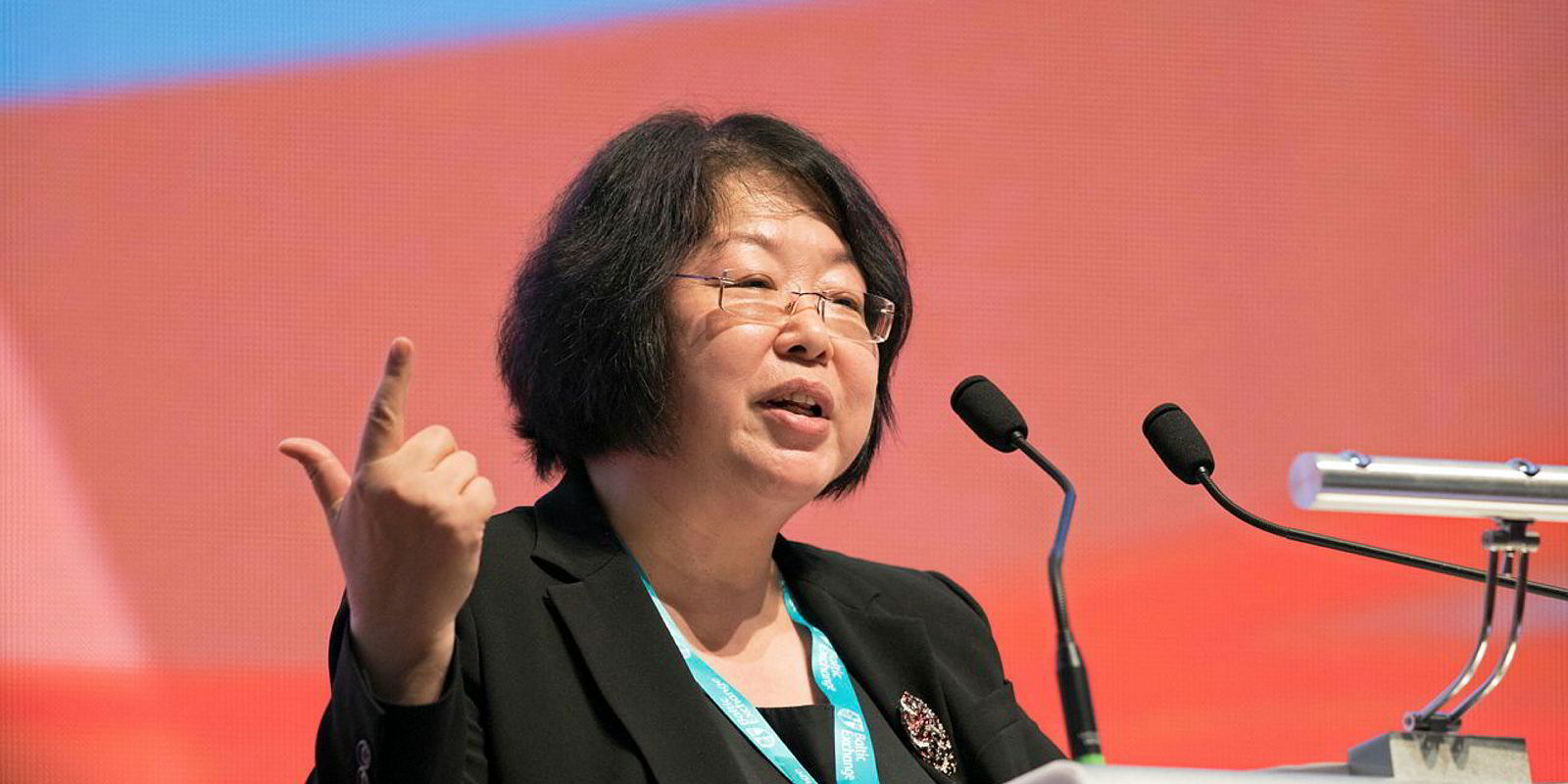
“Most importantly, the shipping community, although demanding, has been very helpful. There is a strong sense of camaraderie and they are always willing to provide constructive feedback to help drive policy.”
She also explains that there are many shipping industry personalities in Singapore who have been working hard to help realise the dream.
“It seems as if we are all building this ecosystem together," she says. "This gives everyone a sense of ownership and belonging.”
Tan’s popularity among Singapore’s shipping community is such that, over the years, she has been invited to be the godmother of four ships — a K Line tanker, containerships for both Wan Hai Lines and Pacific International Lines, and a China Navigation general cargoship.
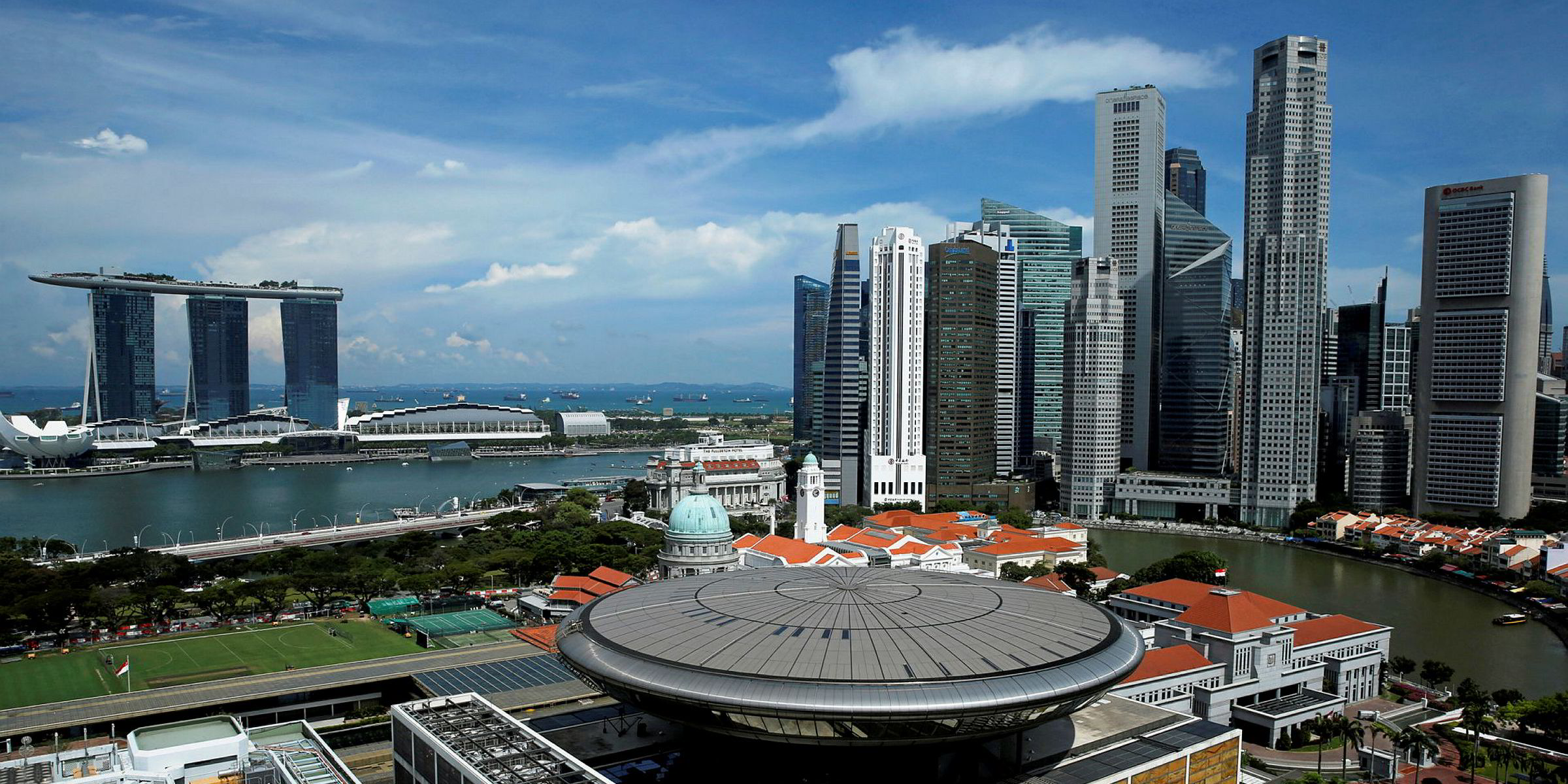
She says it is an activity she enjoys.
“It is a good feeling when you do the blessing of a ship,” Tan says. “But there is always the tension and worry over whether the bottle is going to break.”
She is happy with the way her efforts have led to Singapore’s rise as an international maritime centre, Tan readily admits she is.
“That Singapore has joined the leagues of the IMCs, that it is recognised by the community and publications as having arrived, gives me a sense of accomplishment," she says. "It lets me know that the hard work has paid off.”
Tan is the mother of four children, none of whom joined the shipping industry.
"When they were younger, I tried to tell them about the work I did, but they preferred other fields such as medicine and law," she says, with more than a hint of dismay.
She is now also a proud grandmother.
Read the full Singapore Business Focus here.
